
Others


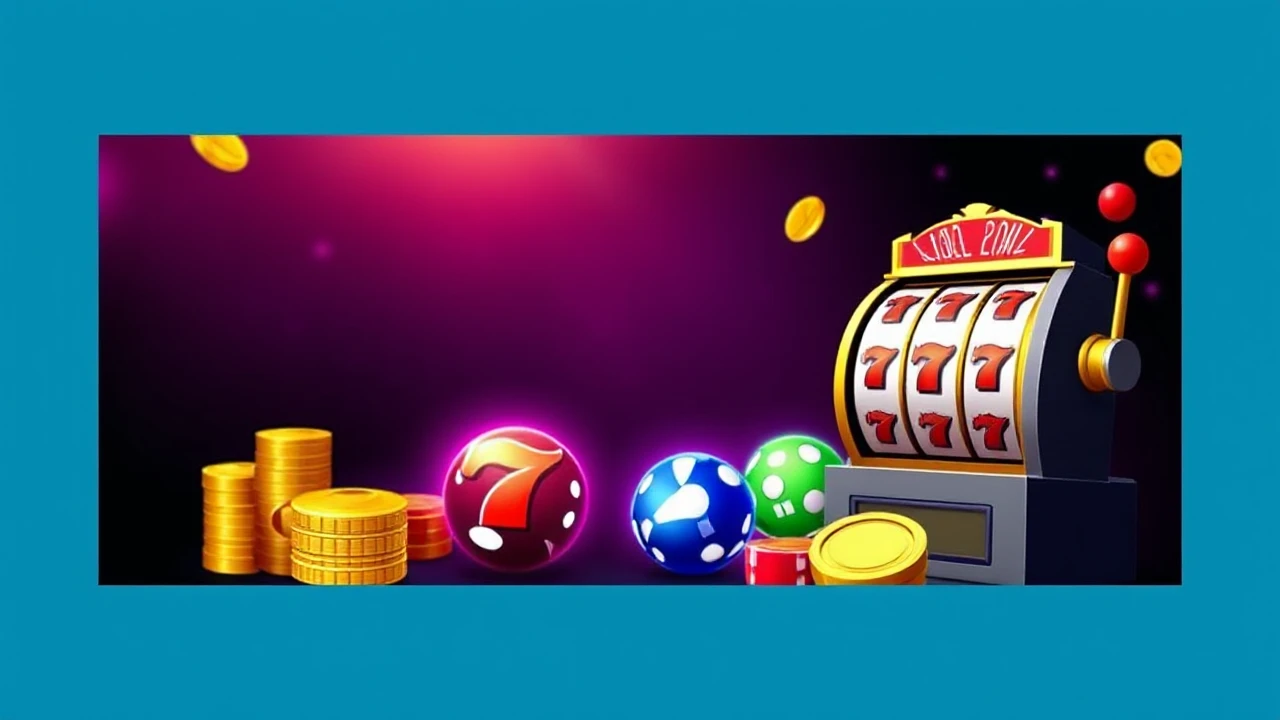


 Lisa Hill PhD
Lisa Hill PhD
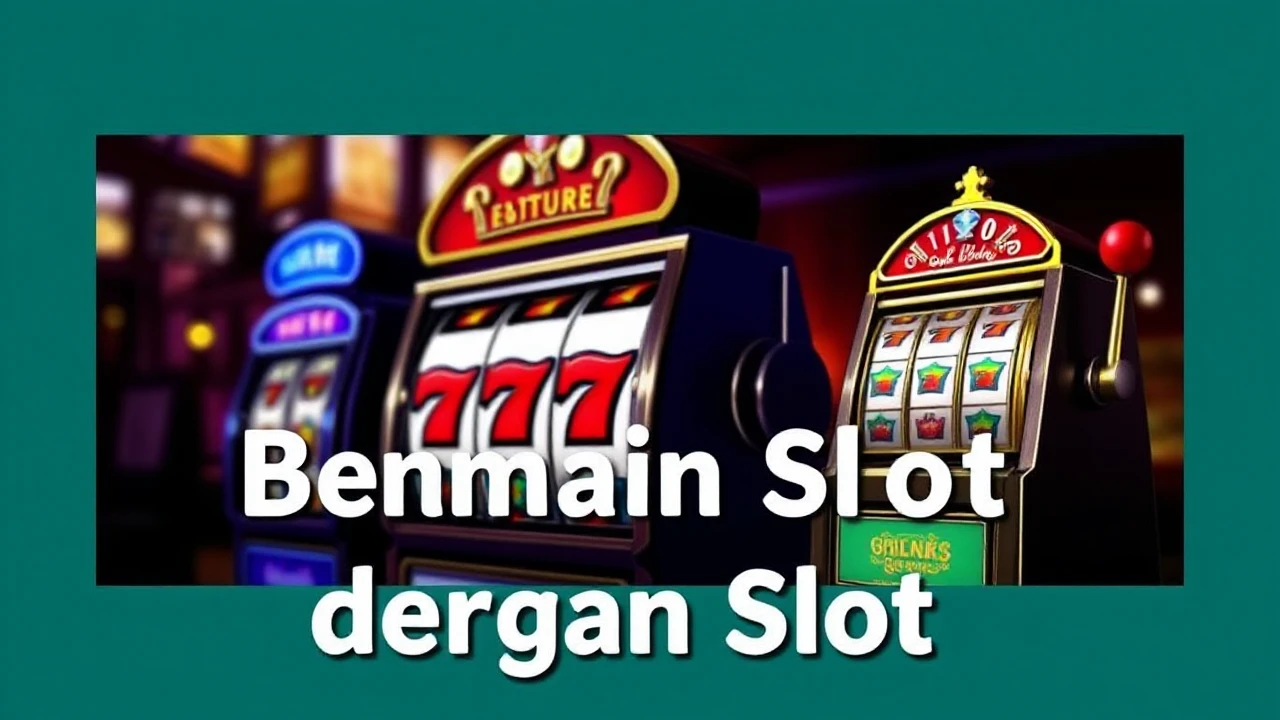
 Lisa Hill PhD
Lisa Hill PhD
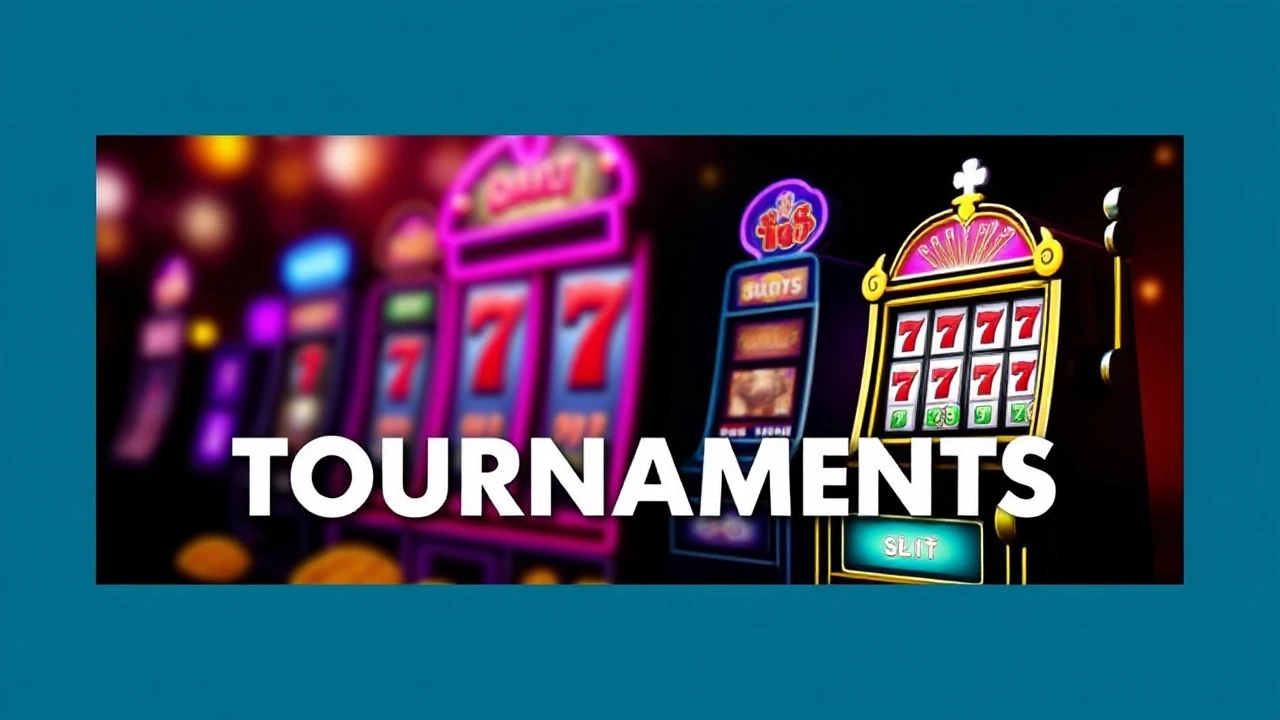 Others
Others
 By Lisa Hill PhD
12 Sep 2025
By Lisa Hill PhD
12 Sep 2025
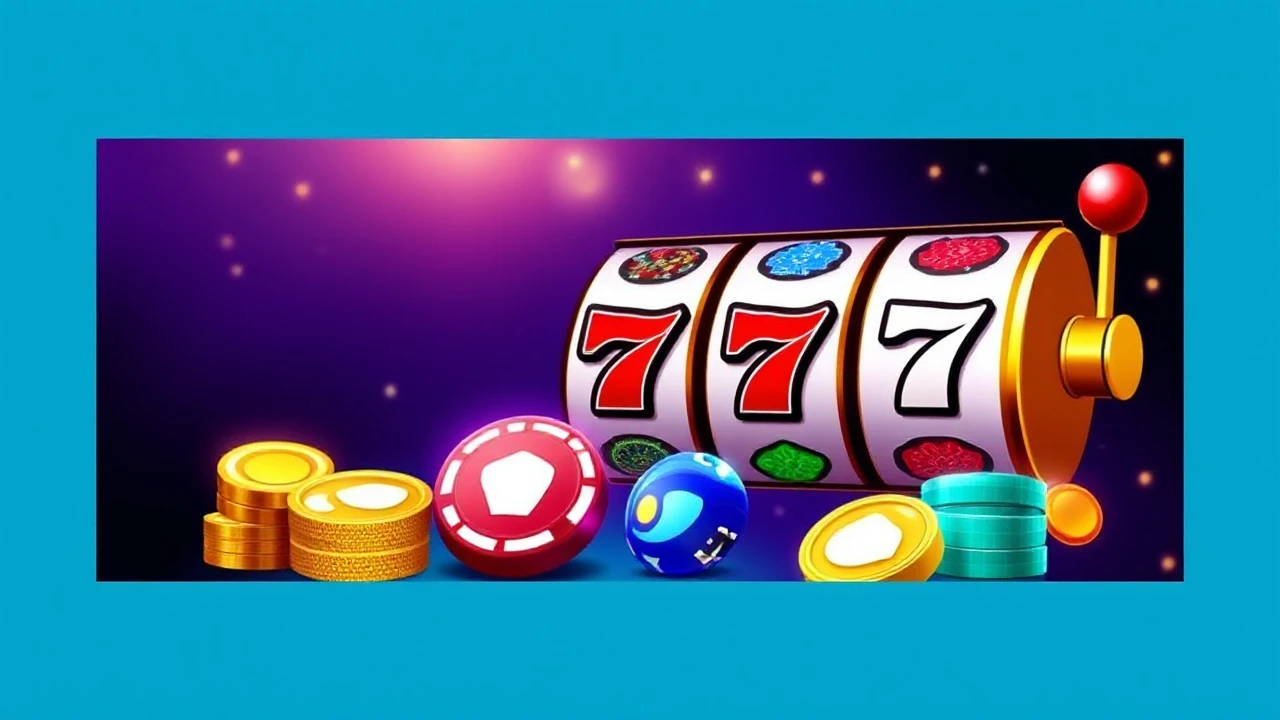 Others
Others
 By Lisa Hill PhD
12 Sep 2025
By Lisa Hill PhD
12 Sep 2025
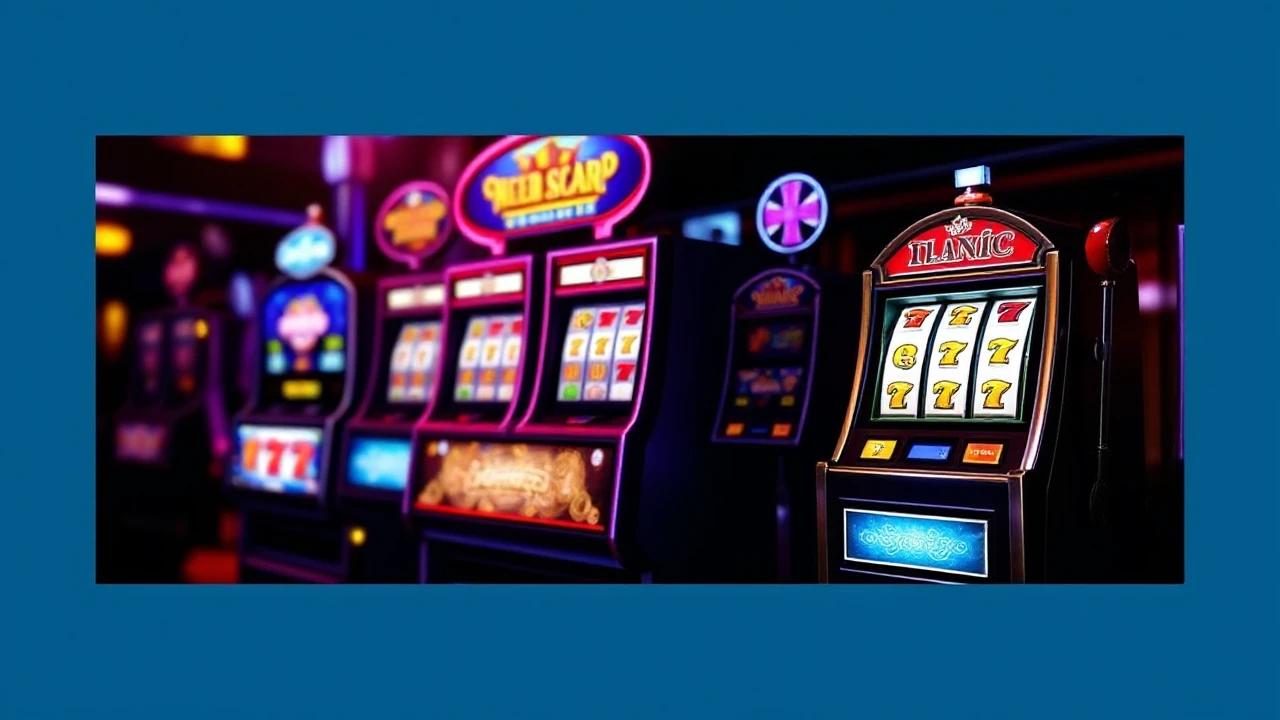 Others
Others
 By Lisa Hill PhD
12 Sep 2025
By Lisa Hill PhD
12 Sep 2025
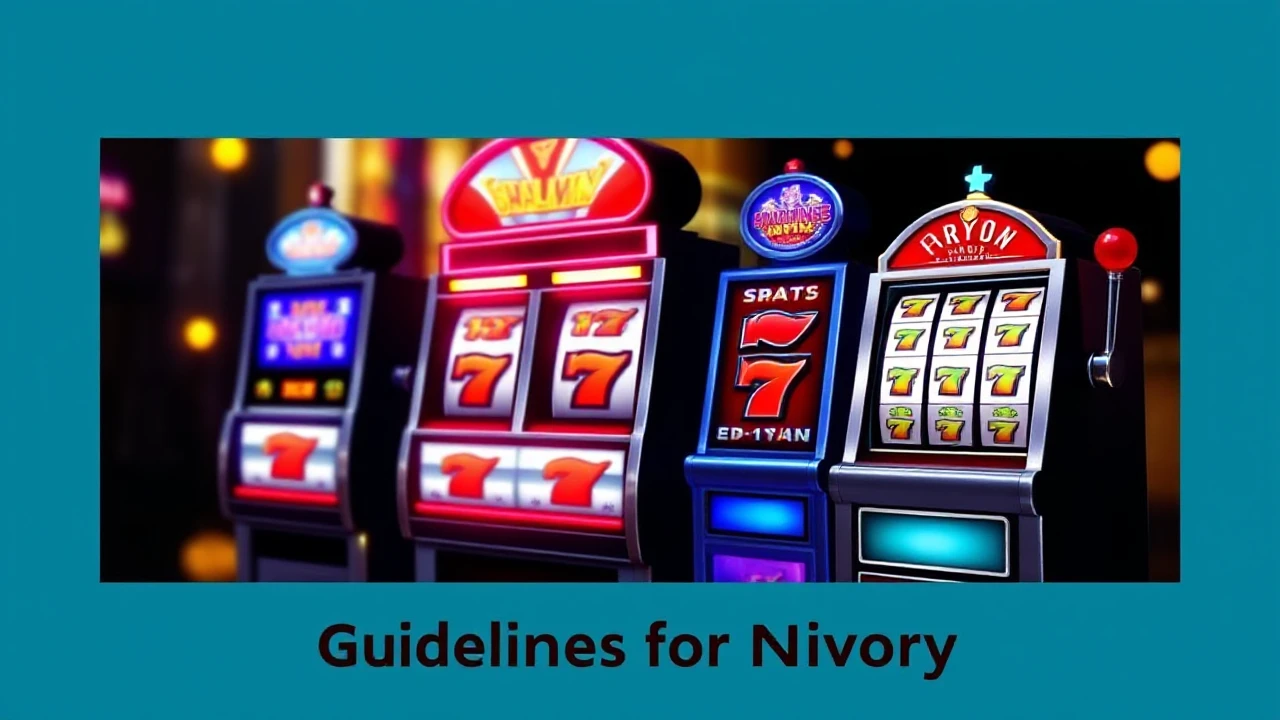 Others
Others
 By Lisa Hill PhD
12 Sep 2025
By Lisa Hill PhD
12 Sep 2025
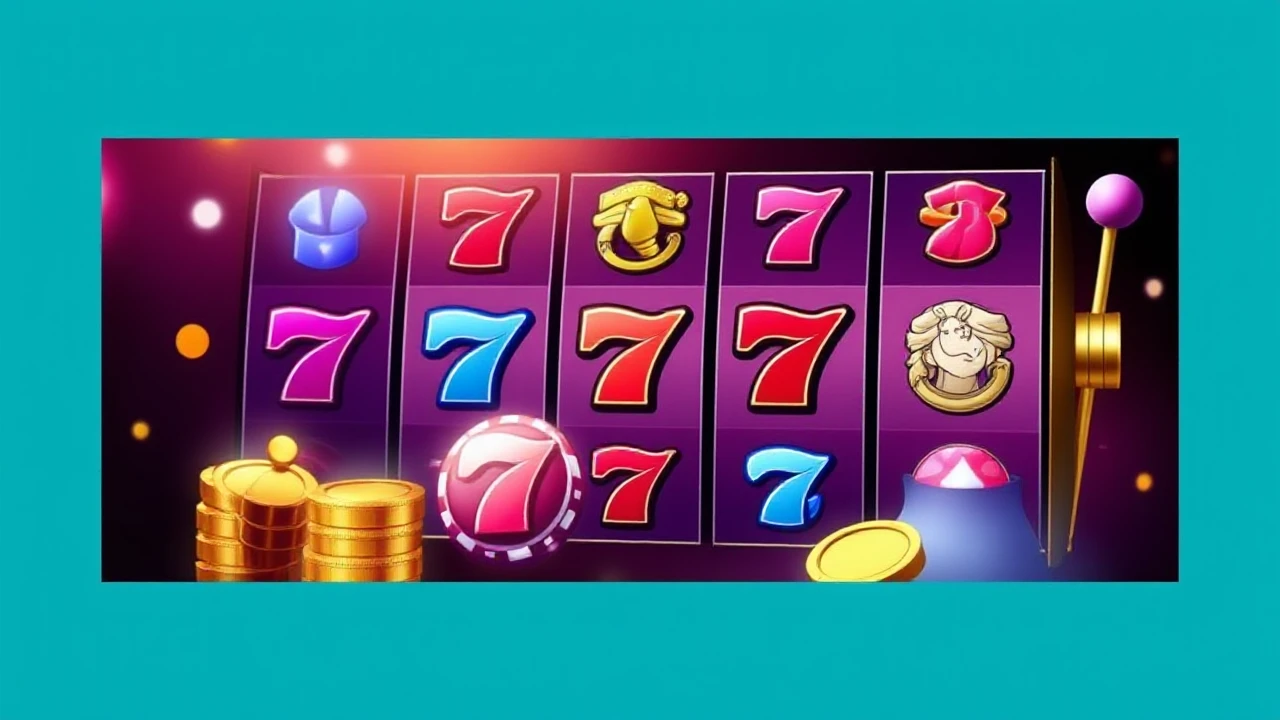 Others
Others
 By Lisa Hill PhD
12 Sep 2025
By Lisa Hill PhD
12 Sep 2025
 Others
Others
 Others
Others
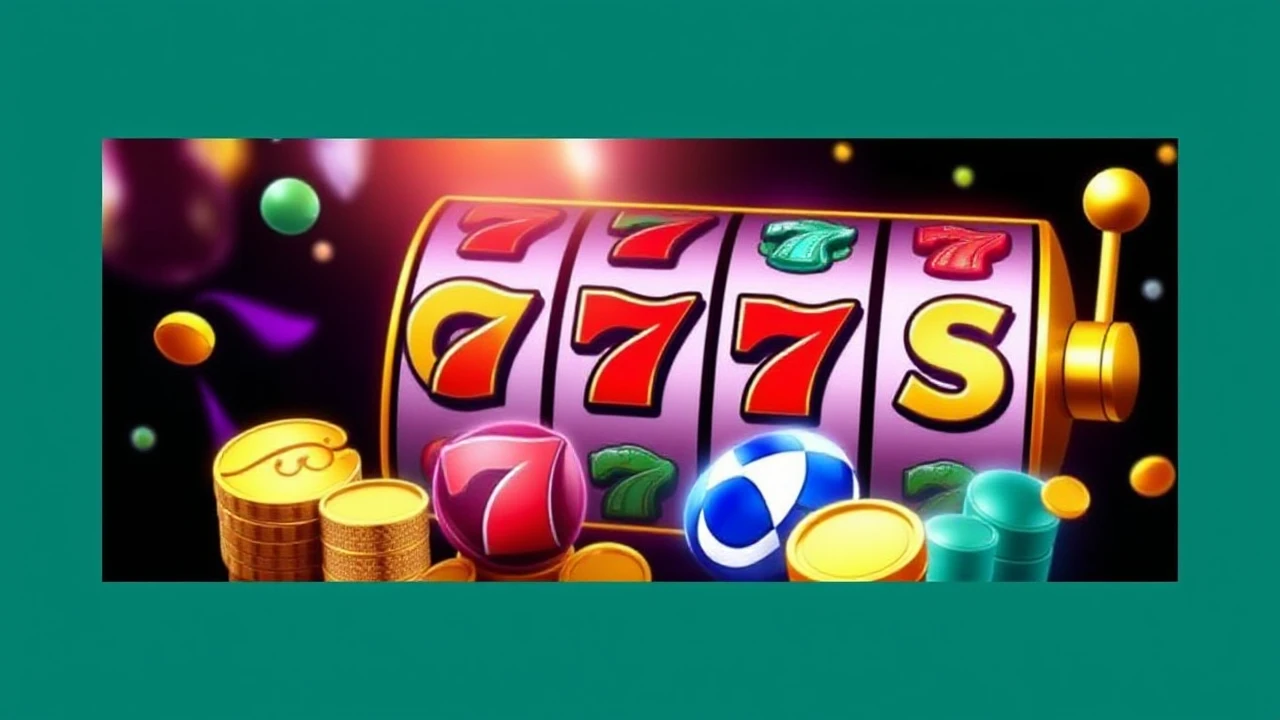 Others
Others
 Esports
Esports
 By Lisa Hill PhD
12 Sep 2025
By Lisa Hill PhD
12 Sep 2025
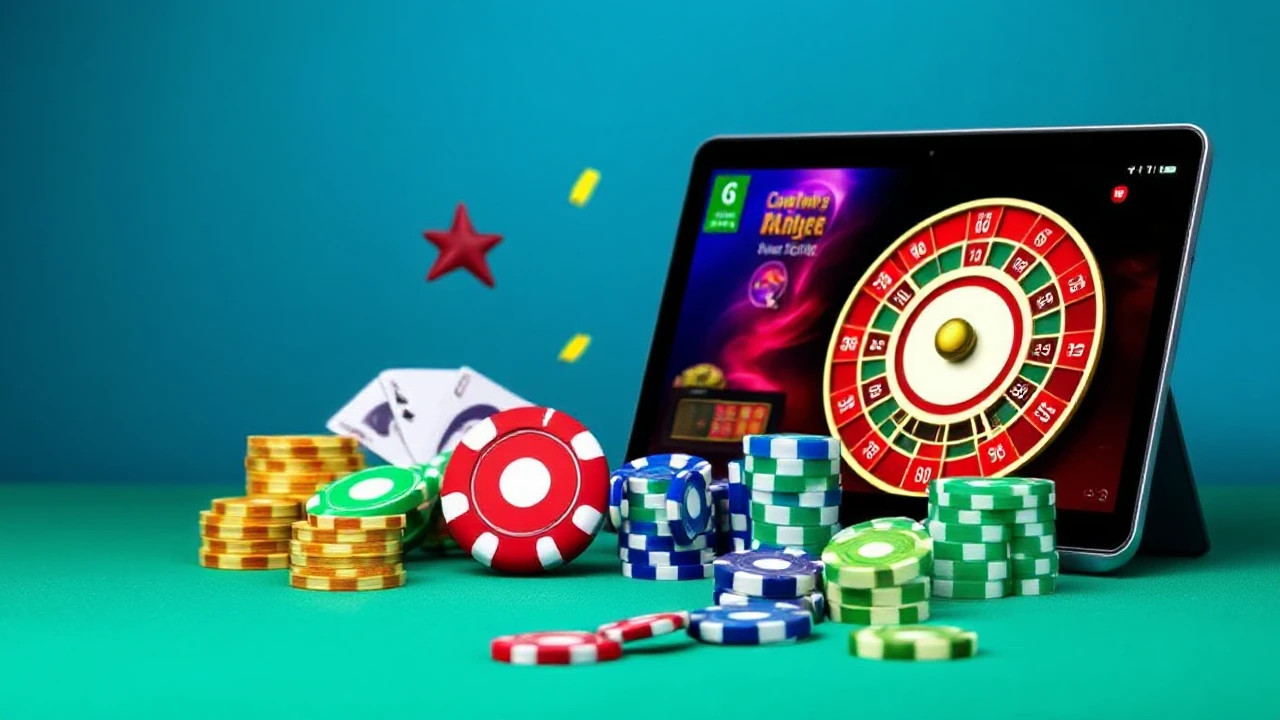 Esports
Esports
 Others
Others
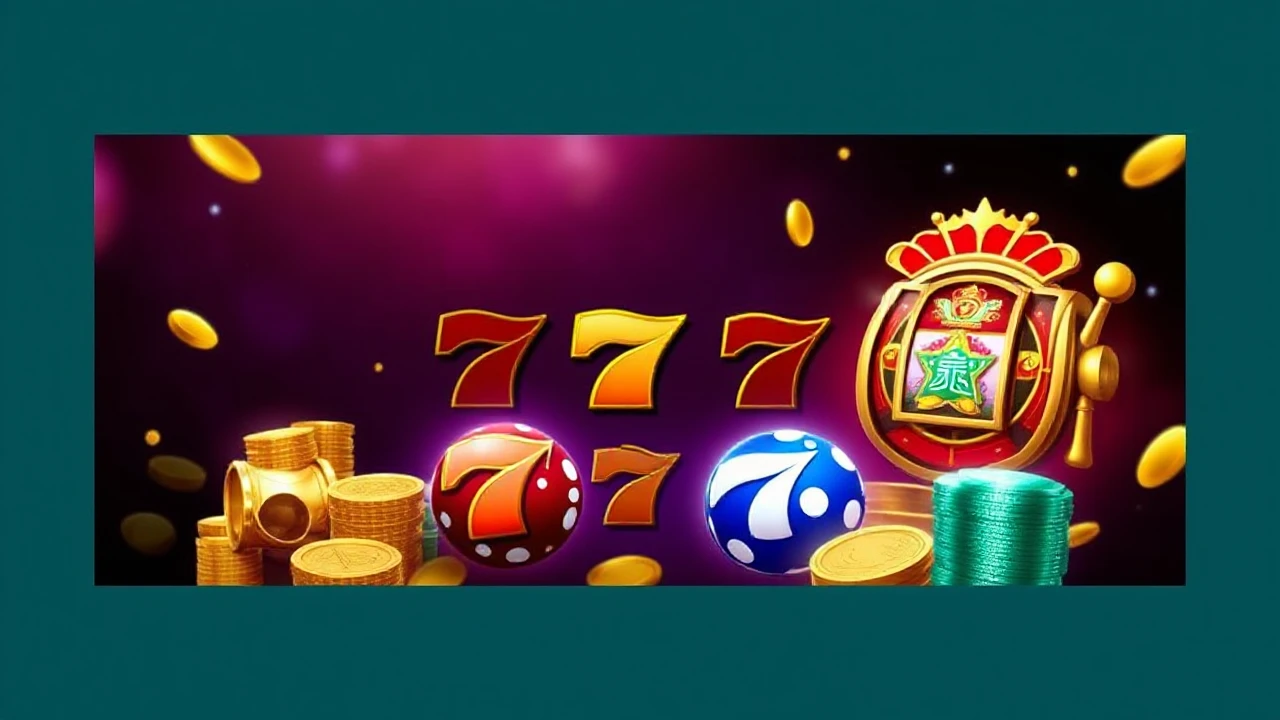 Others
Others
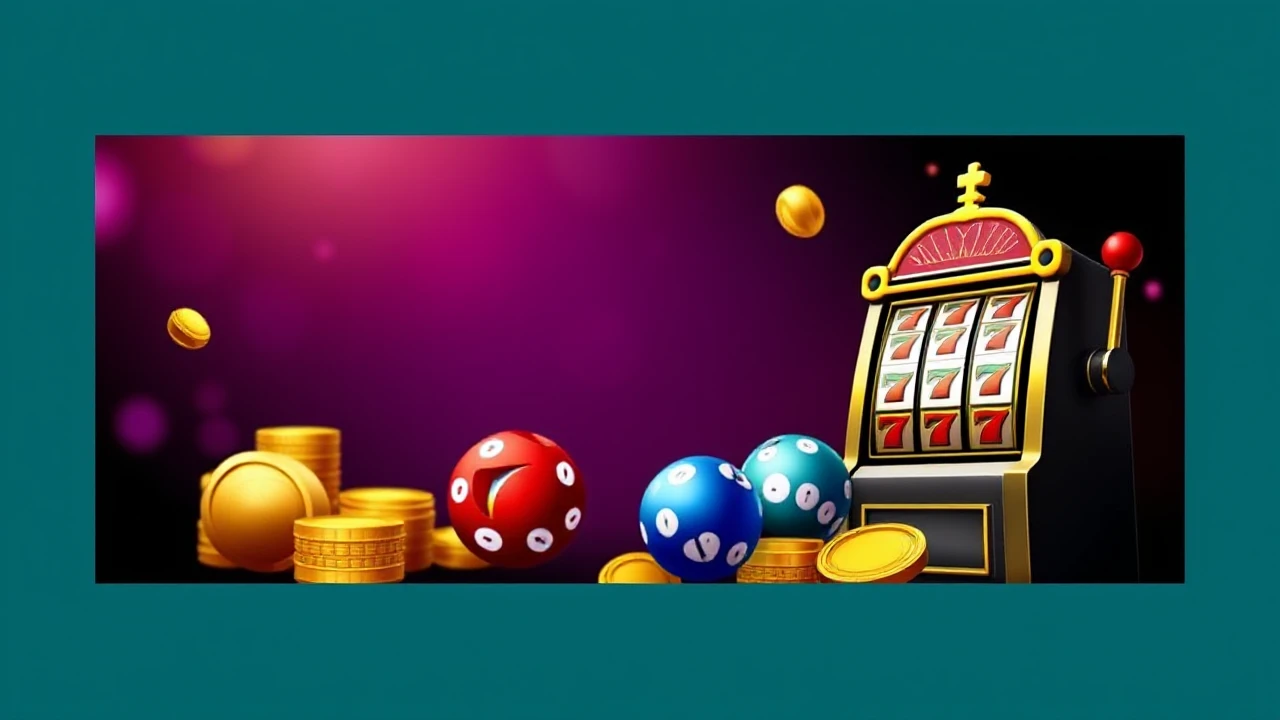 Others
Others
 By Lisa Hill PhD
•
11 Sep 2025
By Lisa Hill PhD
•
11 Sep 2025
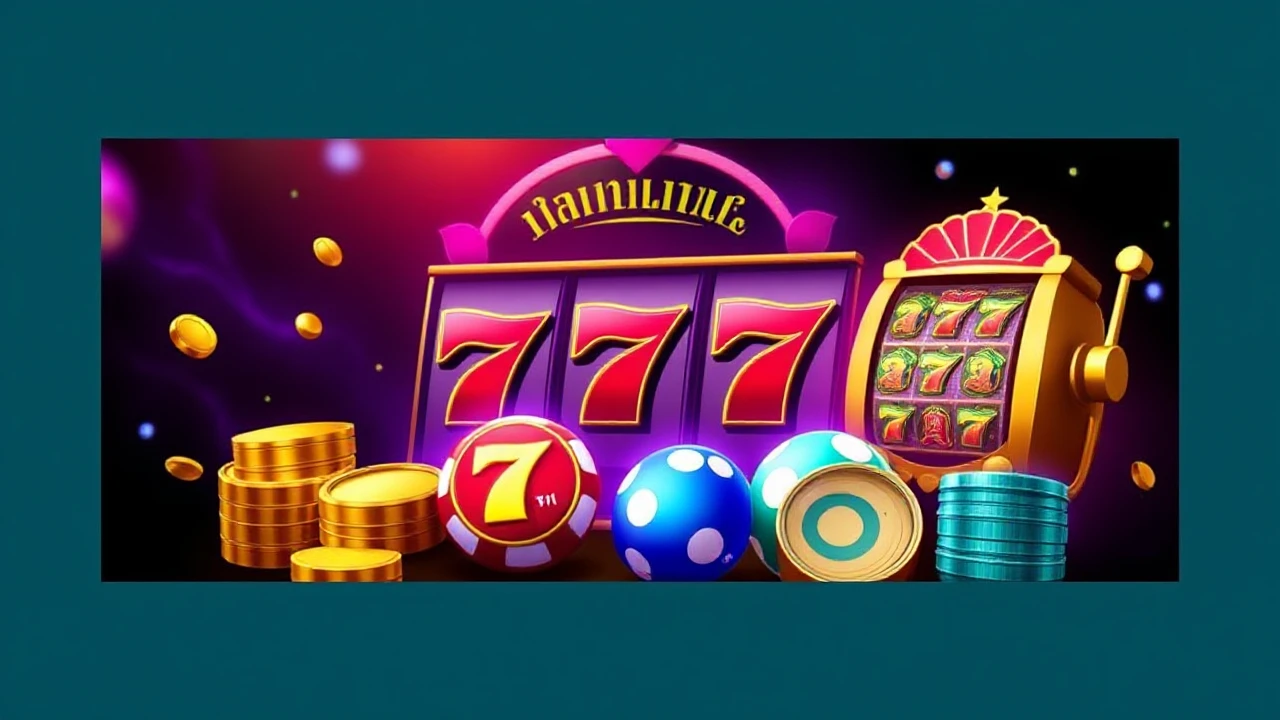 Others
Others
 By Lisa Hill PhD
•
11 Sep 2025
By Lisa Hill PhD
•
11 Sep 2025
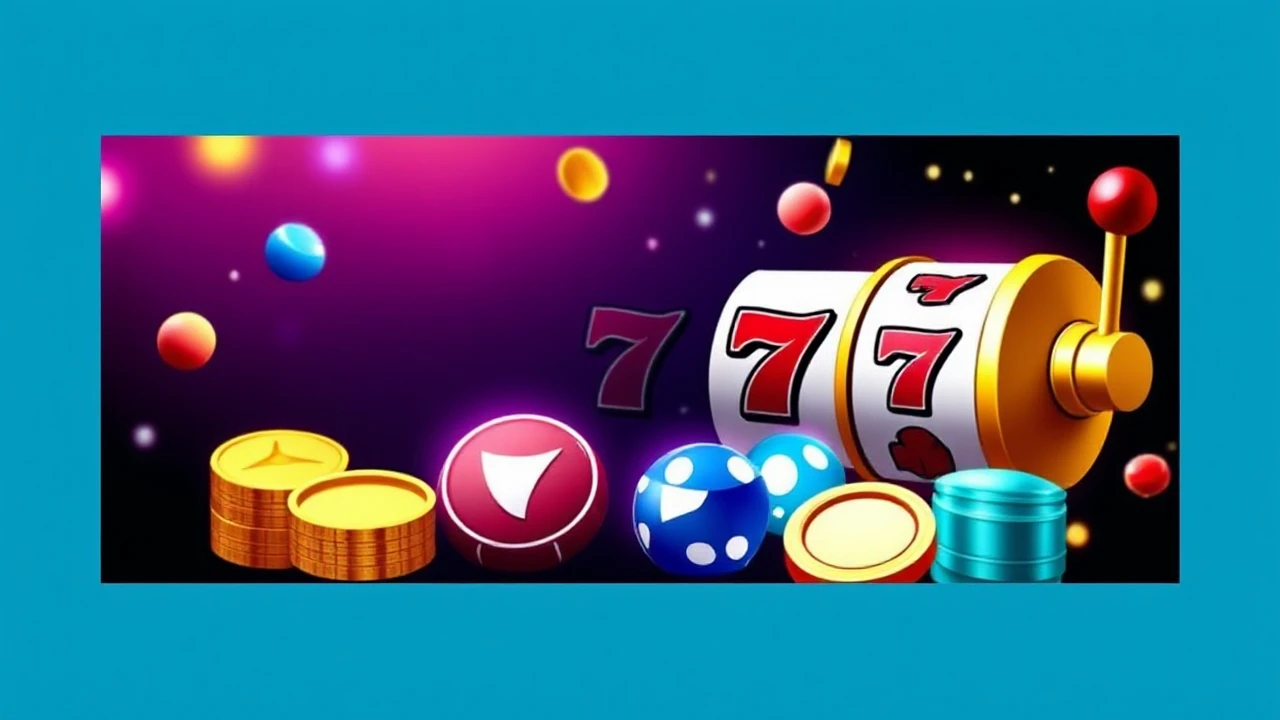 Others
Others
 By Lisa Hill PhD
•
11 Sep 2025
By Lisa Hill PhD
•
11 Sep 2025
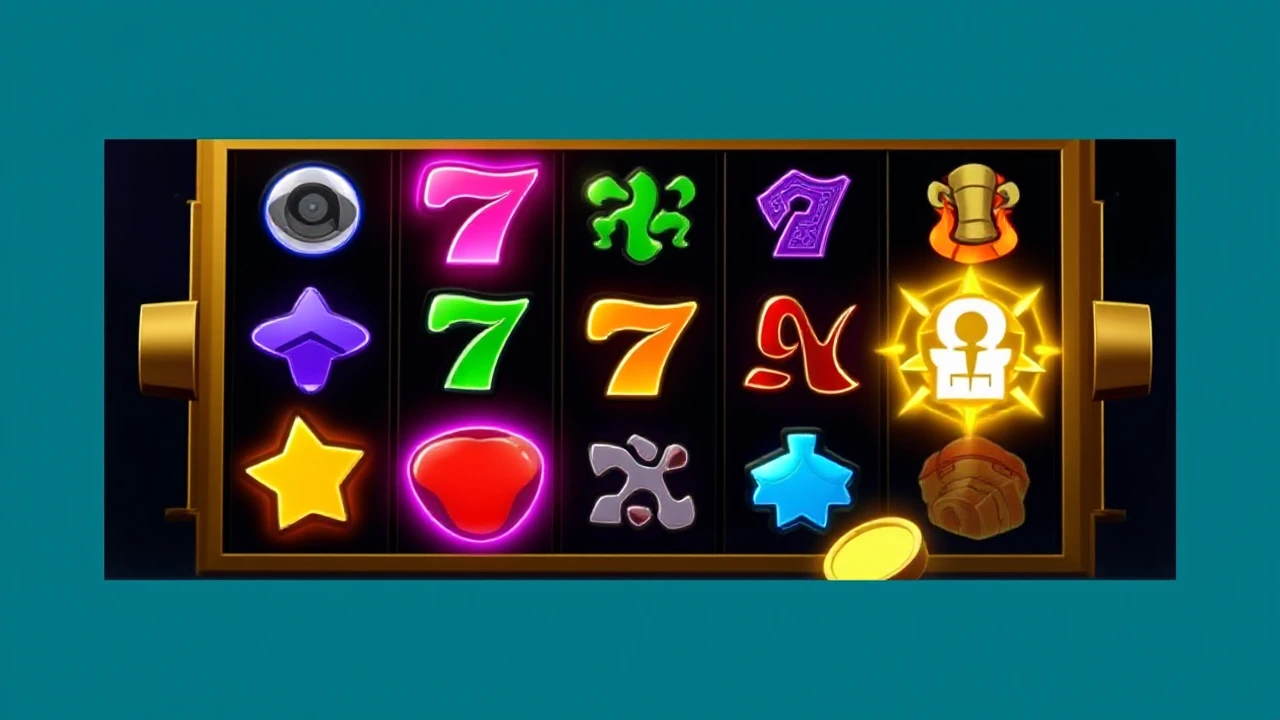 Others
Others
 By Lisa Hill PhD
•
11 Sep 2025
By Lisa Hill PhD
•
11 Sep 2025
 Tech
Tech
 By Lisa Hill PhD
•
11 Sep 2025
By Lisa Hill PhD
•
11 Sep 2025
 Others
Others
 By Lisa Hill PhD
•
11 Sep 2025
By Lisa Hill PhD
•
11 Sep 2025
